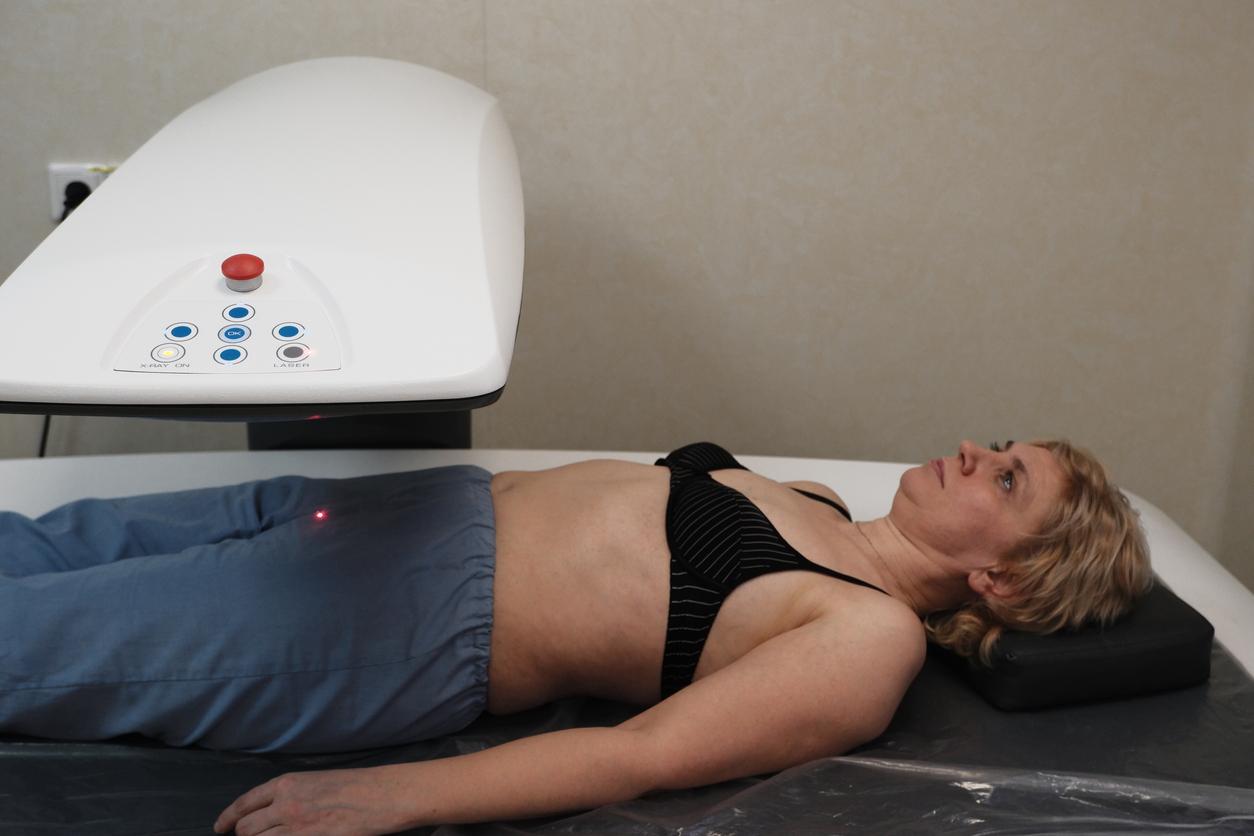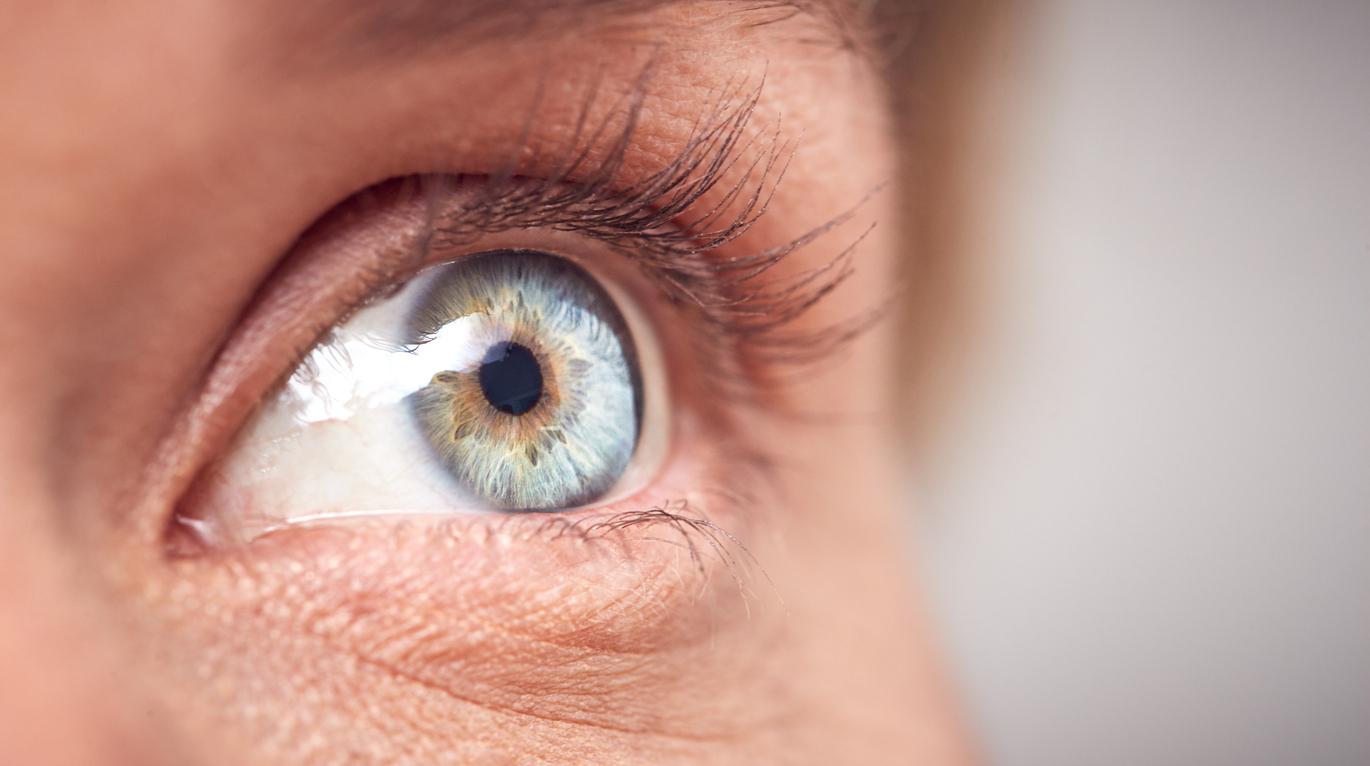Impaired visual sensitivity can predict dementia 12 years before symptoms and diagnosis, according to a new study led by Loughborough University (UK).

- Loss of visual sensitivity can predict dementia 12 years before diagnosis, a new study suggests.
- Researchers found that people who developed dementia later had low scores on visual sensitivity tests.
- Combining visual processing tests with other neuropsychological tests could improve identification of future dementia risk, the study found.
Noticing that many eye problems were being reported in people with dementia, researchers at Loughborough University wanted to examine the link between these disorders. Their work, published in the journal Scientific Reportsshow that loss of visual sensitivity can reveal dementia up to 12 years before diagnosis.
A link between loss of visual sensitivity and dementia
For this research, the team examined the records of 8,623 healthy people aged 48 to 92 living in Norfolk, England. 537 of them suffered from dementia at the end of the study.
During the research, volunteers performed visual sensitivity tests, in addition to cognitive exams. For example, they had to press a button as soon as they saw a triangle forming on the screen in a field of moving dots. This exercise assesses the participants’ processing speed of visual information.
Analysis of the data shows that individuals who scored low on this test had a higher likelihood of developing dementia later in life.
“Reduced complex visual processing speed is significantly associated with a high likelihood of future dementia diagnosis and risk/protective factors in this cohort”write the authors.

Diagnosis of dementia: vision tests difficult to access
Why did volunteers who would develop dementia have difficulty with visual processing tasks up to 12 years before their diagnosis? The team offers an explanation in the review The Conversation : “Toxic amyloid plaques associated with Alzheimer’s disease may first affect areas of the brain associated with vision, with parts of the brain associated with memory becoming damaged as the disease progresses. Thus, vision tests may detect deficits before memory tests.
To promote early detection of dementia risks, according to researchers, visual processing tests should be combined with neuropsychological examinations. However, the deployment of such a device encounters a difficulty. “Access to eye tracking technologies are expensive and require training to use and analyze, deplore the authors. Until cheaper, easy-to-use eye tracking devices are available, using eye movements as a diagnostic tool for early-stage Alzheimer’s disease is not possible outside of the laboratory.”
















